Contemporary Co-Authors of the book and their contributions:
[in the order of their appearance in the book]
OPENING THESES TO THE BOOK:
 Endre (Andre) Mozes: Why do we speak about the Hungarian philosemitism?
Endre (Andre) Mozes: Why do we speak about the Hungarian philosemitism?
Endre (Andre) Mozes: What is it, philosemitism, anyway?
.
BOOK I: HUNGARIAN PHILOSEMITISM IN THE PAST
Chapter 1: Episodes of Philosemitism in Hungary’s history:
E.Mozes: Editor’s Opening thesis to the philosemitic Historic Episodes Chapter
Dr. Samuel Kohn: History of the Jews in Hungary
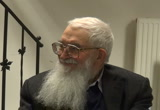
– From the earliest times until Mohács – Excerpts
István Bibó: Jewish Question in Hungary after 1944 – Excerpts
János Gyurgyák: The Jewish Question in Hungary – Excerpts
Komoróczy Géza: The History of the Jews in Hungary. I. – From the Middle Ages until 1849 – Selected Excerpts from the scope of philosemitism
Komoróczy Géza: The History of the Jews in Hungary. II – Since 1849 up to the present – Selected excerpts from the scope of philosemitism
Chapter 2: Philosemitism in Hungarian classical literature:
E.M.: Editor’s Opening thesis to the Chapter ‘Philosemitism in Hungarian classical literature’
(**The list of 19 classical authors cited in this Chapter see down below)
Chapter 3: Saving Jewish lives during the Holocaust:
E.M.: Editor’s Opening theses to the Chapter ‘Saving Jewish lives during the Holocaust’
List of Hungarian Rescuers of Jews, awarded the title “Righteous Among the Nations” by Yad Vashem Institute (Jerusalem)
Komoróczy, Géza: A History of the Jews in Hungary II. – Excerpts, extracts of the Rescuers of Jews Chapter
Markovits, Mária: The forest of the rightous. Searching for the meaning of remembrance
Mózes, Endre: Questions about the Jewish forced laborers in WWII, their life and death, their numbers and the number of survivors
Witness writings collected by Vera Egervári:
– Dr. István Verzár: High school Abitur (leaving certificate) required
– Ede Solomon: Ágnes
– The wood transporter (anonymus)
.
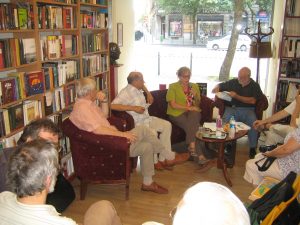
BOOK II: HUNGARIAN PHILOSEMITISM’S PRESENT & FUTURE – Contemporary writings
E.Mozes: Editor’s Opening to BOOK II – Contemporary writings
Bollobás, Enikő: „Two doors” – Rabbi Scheiber Sándor’s heritage
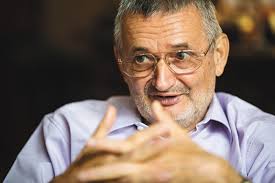
Csányi, Dora: The dinner – How many identities do we have?
Vilmos Csányi: Things like that only happen in Spain
Dr. Endre Czeizel: About Hungarian Nobel Laureates’ origin, with lessons
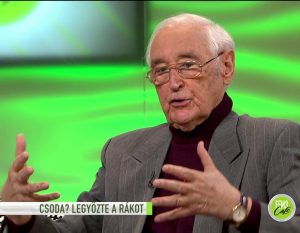
Czékmán, Balázs: Visiting Israel: Five Months of contradiction, Israel and Israeli Jews from Hungary, in a Hungarian scholar’s eyes
András Dauer: The 40’s Party
Dr. Emil Feuerstein (Elza Kádár): The friendship of Petőfi and Rózsavölgyi Mark
János Gadó: The Dangers of Philosemitism
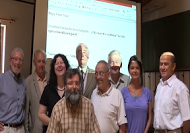
Hernádi, Miklós: Gags from Budapest
Viktor Karády: Gentle emotions and choosing common destiny in Hungarian Jewish-Christian marriages
Csaba Kocsis: The place where the sky is still blue
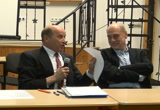
György Konrád: Jewish-Hungarian exchange and reckoning
András Kovács: Who likes the Jews?
Ferenc Kovács: Mihály Vörösmarty’s Jewish Affairs and Petőfi’s diary
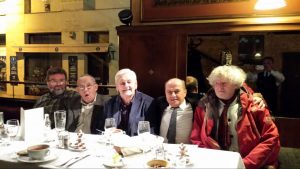
Mihályi, Géza: My philosemitism
Mózes, Endre: One-minute sketches about Hungarian philosemitism
Mózes, Endre : Philosemitism in England, from Cromwell to Churchill
Peter Müller Siamese: What is your idea of good anti-Semitism? (Or of good philo – which is the same)
Péter Tibor Nagy: Students ready to marry Jews
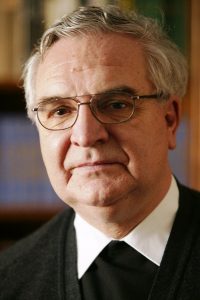
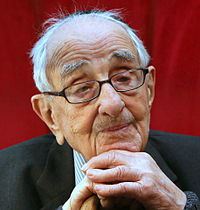
József Schweitzer: Recommendation (ex-Chief Rabbi of Hungary, on the book cover)
István Tóth: A walk in Ferencváros – Letter from a history teacher to his student 45 years ago
Krisztina Toth: Jewish. Everyone is Jewish

Várszegi, Asztrik: Recommendation (Bishop, First Abbot of the Pannonhalma Closter, on the book cover)
Végel, László: Jews and minorities
Vekerdy, Tamás: Together: Non-Jewish, Jewish, Slovakian, Swabian and other Hungarians
**The list of classical authors and their works cited:
King St. Stephan’s admonition – Acceptance of and care for Guests
Jókai, Mór: I and the Jews
Táncsics, Mihály: The “Jewish affair ‘
Arany, János: The Eternal Jew
János Vajda: Credo
Béla Széchenyi: Jewish nation, Rothschild family
Eötvös, Károly: A great trial which is going on for thousands of years and is not over yet – Foreword
Ady, Endre: The stamped (stigmatized) army (marching crowd)
Ady, Endre: A Jew’s pipe
Attila József: SHMA Jisróel
Dezső Kosztolányi: The exodus of Jews
Móricz, Zsigmond: Confession of Hungarian Jewry
Lajos Kassák: Jewish tragedy
Illyés, Gyula: Stamps of shame
Józsi Jenő (Eugene) Tersánszky: The Will
Tersánszky, Józsi Jenő: The Anti-Semite
István Tömörkény: Wine picking
Thury, Zoltán: The mill of the Rosen brothers